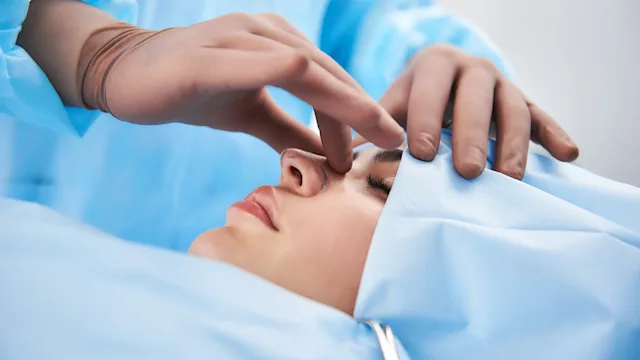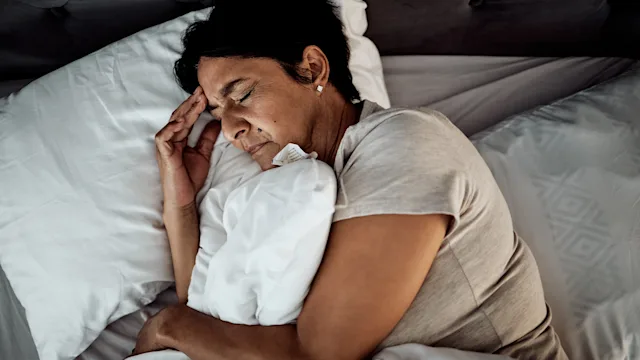Stereotypically, most health-focused New Year’s resolutions revolve around eating better, exercising more, or losing weight. This is based on the misconception that your health is synonymous with your weight; however, there are so many other ways to “get healthier” that don’t involve the bathroom scale.
One area of your health that often gets ignored when making New Year’s resolutions is your sleep. This is a shame since sleep has many effects on health. Lacking in sleep can harm your mental health, make you more prone to overeating unhealthy snacks, and rob you of energy when you’re trying to work out—and that’s just the start.
If you want to improve your sleep for a boost in your overall health — not to mention your daily mood — try one or two of these New Year’s resolution ideas:
Search and compare options
1. Give up the snooze button
Easier said than done, yes, but the snooze button does your sleep quality no favors. A sleep cycle takes longer than nine minutes, so getting to go back to sleep for the typical snooze length might actually make you feel worse. Plus, sleeping later than intended can make your day feel rushed and frantic.
Here are some tips to make it happen: Try to throw off the covers and sit up the moment your alarm goes off. It’s a small but significant action that can shake the body out of that sleepy, comfortable position. Or take it a step further and keep your phone or alarm clock on the other side of the room. This way, you have to get out of bed just to turn it off.
2. Set a morning alarm on the weekends
Staying up late and sleeping until noon on Saturdays and Sundays can really interfere with your sleep cycle, and it can make it hard to wake up when Monday morning comes around. As best as you can, try to stick to a consistent sleep schedule seven days a week.
One way to do this is by setting an alarm on the weekends. For example, if your alarm goes off at 6:30 AM on weekdays, try setting a weekend alarm for 7:30 or 8 AM. This way, you get to sleep in a little longer, without throwing off your sleep cycle too much.
3. Read a chapter of a book before bed
Reading has many health benefits on its own, but it’s also a relaxing way to prep your body for sleep. Grabbing a book is also a great alternative if you have a bad habit of scrolling your phone before bed. The problem with your phone (and laptop and tablet and other tech devices) is that they emit blue light, which affects your sleep cycle and can make it hard to fall asleep.
4. Make your bed in the morning
Making your bed in the morning is an investment for better sleep later that night. The payoff might not seem immediately obvious, but a messy bed can make your bedroom feel cluttered and chaotic, and it can be hard to sleep when your feet are tangled in twisted sheets.
On the other hand, it will feel more relaxing and calming to curl up in a tidy bed that night. It’s a mental trick, but studies show that the state of your bedroom can affect your sleep.
5. Swap your nightcap for chamomile tea
Alcohol makes it easier to fall asleep, but it also stirs you awake a few hours later as your body works to digest it. Even if you don’t notice yourself waking up, you’re likely not reaching the deeper stages of sleep that are crucial for feeling restored and vibrant the next day.
Instead, try sipping a steaming cup of caffeine-free chamomile or lavender tea instead. These two flavors of herbal tea appear to have a calming effect, which can help the body relax for sleep.
6. Eat at the table — not your bed
Make this year the year you stop eating dinner on your mattress. For better sleep, experts recommend using your bed for sleep and sex only. That’s because eating in bed while watching TV can make your body associate your bed with non-sleep activities. (Plus, your bed sheets get dirty enough without crumbs from your garlic toast.)
Whatever your health goals are, don’t neglect your sleep. If you’re struggling to stick to healthy habits, making sure you are well rested may be the place to start.
References
National Sleep Foundation. (n.d.). 10 tips for a better night's sleep.
National Sleep Foundation. (2020). How to make a sleep-friendly bedroom.
National Sleep Foundation. (2024). What is sleep quality?

Why trust our experts?














